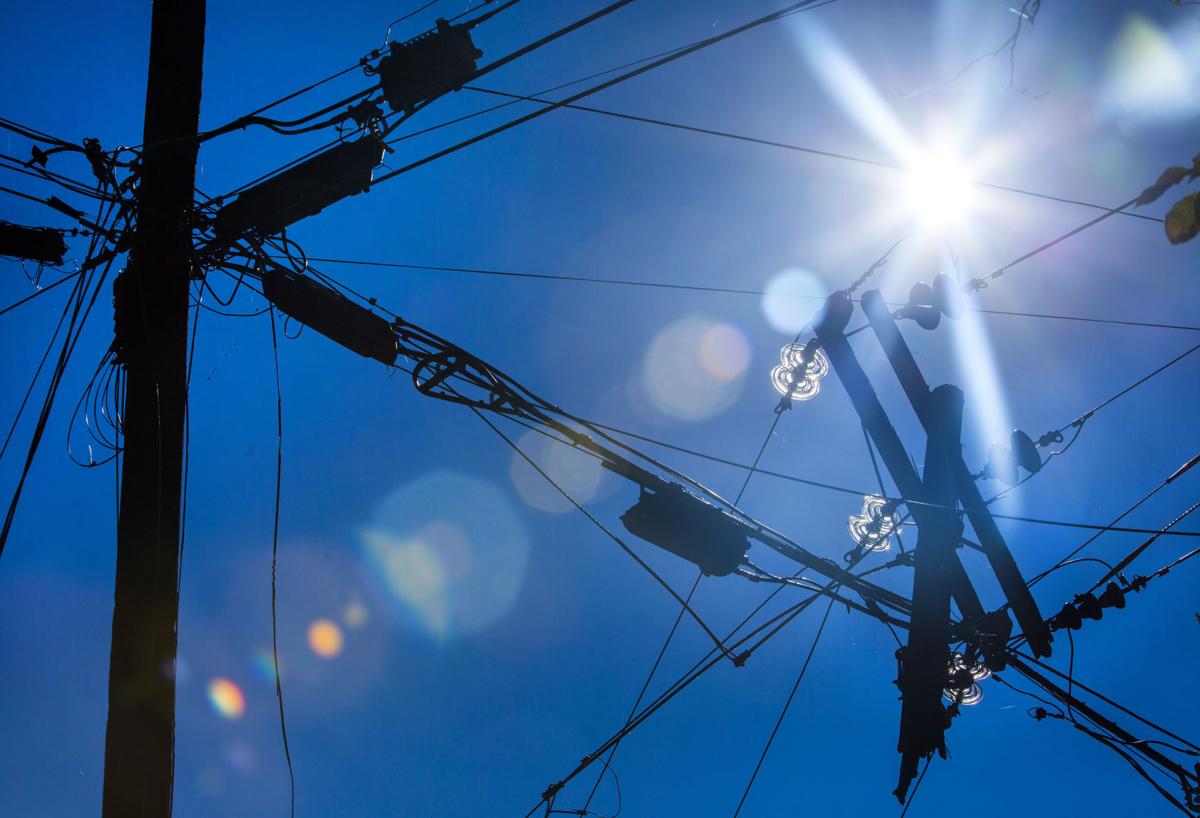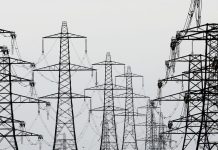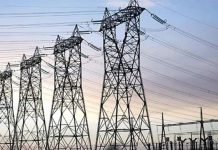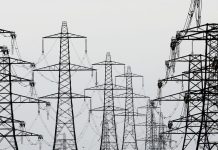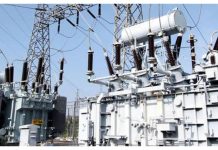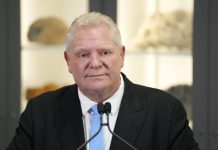POOR electricity supply has been an albatross to the progress and prosperity of Nigeria. As a result of irregular electricity, many artisans have abandoned their trade for commercial bike riding. Poverty is on the rise in every part of the country as a result of poor electricity. Despite series of intervention, including the privatization of the electricity generation and distribution, life has been hard and brutish for many Nigerians as a result of unreliable electricity supply. To address this menace, the World Bank recently partnered the Federal Government for the provision of mini off-grids through renewable energy projects to give underserved and unserved communities access to clean electricity. Known as the Nigeria Electrification Project, the World Bank works with the Rural Electrification Agency (REA) to identify communities in dire need of electricity and put an end to their yearning for constant electricity supply.
The electrification project is a programme to catalyze off-grid development in Nigeria, through the provision of grants, detailed market data and technical assistance, in collaboration with the World Bank ($350m) and African Development Bank ($200m). The NEP components are solar hybrid mini grids, Solar Home Systems (SHS) and the Energizing Education Programme (EEP).
The first community to benefit from this intervention was Rokota in Niger State. Rokota is a sleepy farming community with specialization in shea butter and palm fruit production, which had seen its potential clipped due to poor electricity supply. The community should have been rolling in money but the inability of farmers to convert the farm produce to processed products has inhibited the prosperity of the community. With a distribution network of 10km across the community, the mini-grid is expected to supply constant electricity to 326 households, which will propel economic growth and improve small and medium scale business activities within the community.
Therefore, the community could not hold back its joy at seeing its long-held dream of enjoying electricity come to pass last weekend. Speaking on behalf of the community, the Village Head, His Royal Highness, Alhaji Adamu Mohammed, said the day the community had looked forward to finally arrived on December 7.
He said, “This is a major event and on behalf of the people of Rokota, we are grateful for this opportunity. I thank the federal and state governments for selecting our community for this life-changing project. We are indeed very privileged.
“At Rokota, our children can study under the glow of clean electricity. As enterprising people blessed with kaolin, red clay, and iron ore resources, we look further to more commercial activities and small businesses growing Rokota’s economy. For instance, I hear that there are already thoughts around large scale shea butter production.”
He added, “With this electricity, life is good and life has become sweet. I now run borehole water conveniently, our children will no longer read with local lamp. We will have access to cold water. We are grateful that our community is remembered.”
Earlier, Niger State governor, Alhaji Abubakar Sani Bello, represented by Commissioner for Works and lnfrastructural Development Engr. Ibrahim Panti, expressed his gratitude to the Federal Government and the World Bank for the laudable project in their community.
In his speech, Minister of State for Power, Mr. Goddy Jedy-Agba, said, “I am honoured to be a part of this momentous achievement of the Rural Electrification Agency and the World Bank in collaboration with the Ministry of Power and the Federal Government of Nigeria.
“The commissioning of the 157KW capacity solar hybrid mini-grid power plant will provide economic growth and stability to the people of Rokota.
“The Ministry of Power is providing the needed support for the implementation of all Federal Government policies in the diversification of the energy sector. I am, therefore, thrilled that our drive has led us to this great event. This is only the beginning of greater accomplishments.
“The fact that the project was the first to be commissioned under the World Bank-supported Nigeria Electrification Project (NEP) demonstrates the importance of Rokota to the nation and the determination of the government to lift as many Nigerians as possible out of poverty. It will provide clean, safe and reliable electricity to an expected three thousand people in the community.”
The minister also said that the government would do all in its powers to ensure supply of electricity to unserved and underserved communities.
In his goodwill message, World Bank’s Country Director in Nigeria, Shubham Chaudhuri, said, “I am thrilled to be here with you all as we witness the commissioning of the first solar hybrid mini-grid project under the Performance-Based Grant component of the Nigeria Electrification Project (NEP). This is a huge milestone that will set the pace for more impactful electrification projects under the World Bank-funded programme.”
He explained that the Bretton Woods institution was committed to reducing the consumption and use of fossil fuels in energy production through renewable energy investment, hence the approval of $350 million for off-grid electrification projects in Nigeria.
Chaudhuri, throwing light on what the project would accomplish, said, “Aims and objectives are to eliminate extreme hunger which will make life better. With a project like this, the statistics of about 600million that have no access to electricity will be a thing of the past. The goal is to get electricity to every nook and cranny across the world. We are very happy to be part of this life-changing experience. Your children will read with ease, the community will have a health centre that runs smoothly.”


